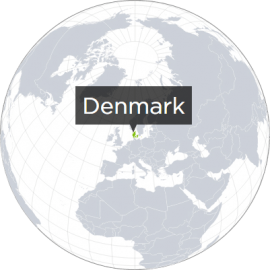Institutions also play an important role in influencing levels of social wellbeing around the world. Short-term improvements in social wellbeing can be caused by several factors, including lower poverty rates, higher quality of education, and better healthcare systems, and these are largely independent of the pillars within the Index’s Inclusive Societies domain. However, institutions accounted for 62% of the variance in the stock level of social wellbeing in 2017, which represents an accumulation of long-term improvement. An additional 20 percentage points of the variation were explained when including wealth (represented by productive capacity), but the strength of institutions remained the major differentiating influence. This strongly suggests that institutions are the mediating factor in converting economic wealth to social wellbeing, at least in the long-term.
This tendency for institutions to have a strong relationship with the level of social wellbeing is seen not just at the national level, but also at the sub-national level within the United States. On average, the U.S. has strong institutions, but there is substantial variation between the states – even within a federal system. For example, the U.S. Center for Public Integrity deems Connecticut and Nebraska to be far better than South Dakota and Wyoming for levels of transparency and accountability, based on the laws and systems they have in place to deter corruption.
Within each state of the US, the strength of institutions has a modest but statistically significant relationship with GDP per capita. The quality of institutions plays a much larger role in explaining variations in social wellbeing across the states – more so than levels of wealth. While GDP per capita explains 53% of the variation, institutions explain 69%; this is similar to the trend at the global level, when combined they explain a larger proportion of the variance (81%). It is institutions that remain the factor with greatest explanatory power.
Even though the variations in institutional strength between the states of the U.S. are small compared with the rest of the world, and the relationship between institutions and social wellbeing is also weaker than that seen at the global scale, institutions still have a material impact. The point remains when it comes to predicting levels of social wellbeing; the strength of institutions has more explanatory power than wealth.






